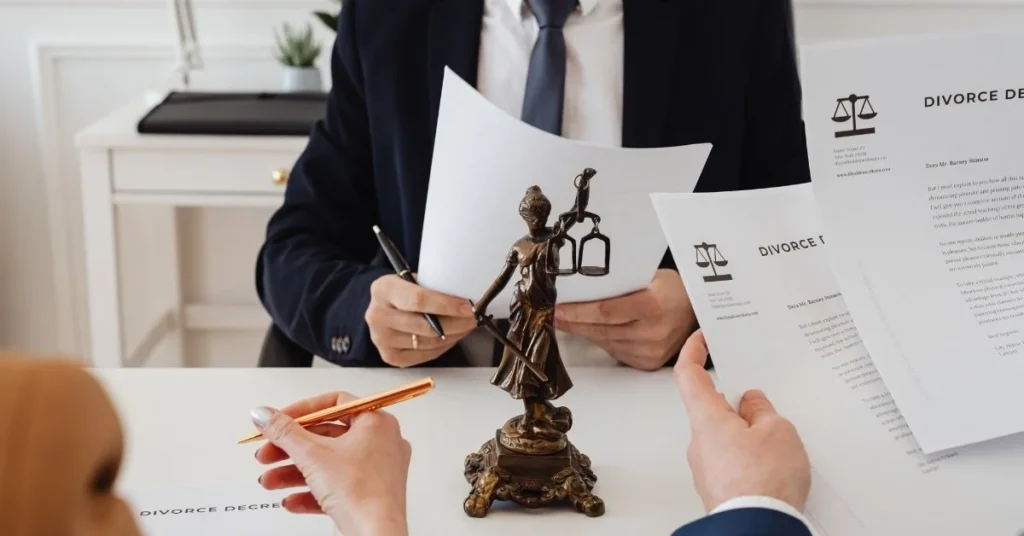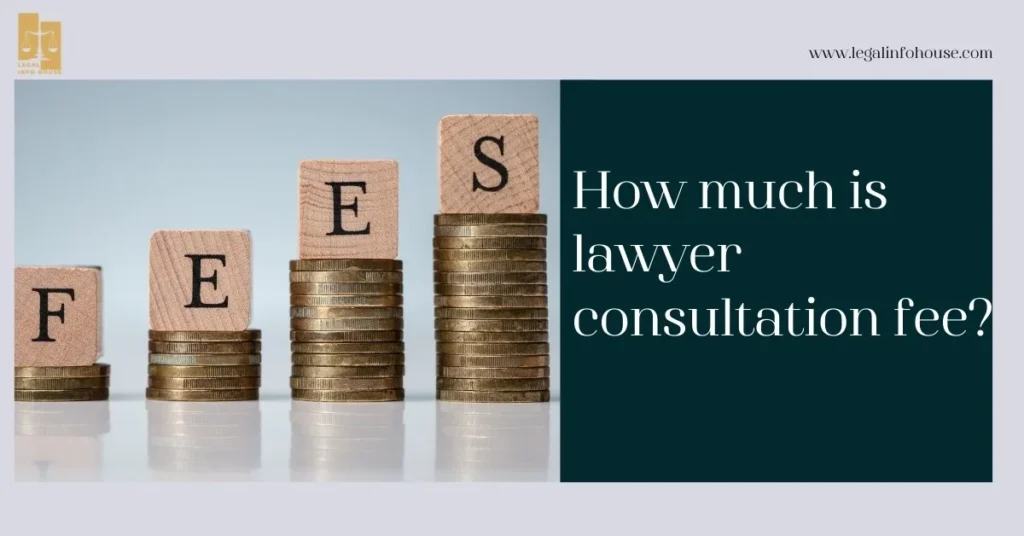
Hiring a lawyer is a huge decision whether you are involved in a personal injury, divorce or business dispute. For instance, competent and experienced lawyers can significantly affect the outcome of your case.
However, incompetent representation by one’s attorney may result in unnecessary stress, financial loss and negative results. This paper will help you spot the signs of an ineffective lawyer as well as suggest what measures should be taken if such a situation arises.
Why Lawyer Competence Matters
- Impact on Case Outcome
A skilled attorney can negotiate through the legal maze, fight for your interests properly and enhance your chances of winning. Conversely, an inadequate advocate may mishandle your claims thus exposing you to missed opportunities and possible loss.
- Client Trust and Confidence
Trust comes from competence. When someone believes their advocate is capable, it brings peace, allowing them to focus on other important aspects of life or business.
In contrast, trust can be eroded by an incompetent lawyer. This can lead to heightened anxiety levels.
Signs of an Incompetent Lawyer
- Poor Communication
- Unreturned Calls and Emails
One common indication of Incompetent lawyer you engaged is not up to task is poor communication. When your calls or mail go unanswered majority times implies disrespect for your time plus needs.
- Vague or Evasive Answers
Whenever conversations are held with one’s legal representative, they must be concise and educative. This ensures that both parties fully understand one another. Giving confusing responses could indicate a lack of grasp on the issue or even a failure in readiness.
- Lack of Preparation
- Unprepared for Meetings and Hearings
An attorney who shows up unprepared during discussions, depositions, or court proceedings has already failed in their duties. They did not do their homework beforehand. This lack of preparation can negatively impact the client’s case.
- Failure to Develop a Strategy
Good attorneys always have a plan about how they would approach your case. This is evident where the lawyer lacks focus or fails to communicate any plan towards you.

- Missed Deadlines
- Missed Court Dates and Filing Deadlines
It is quite common for legal actions to have very strict deadlines. When an attorney misses filing deadlines or court dates, it can be detrimental to the success of your case. It might even lead to the case being dismissed.
- Delays in Documentation
Unexplained delays in preparing or filing important documents indicate lack of orderliness and keenness which are fundamental aspects of a incompetent lawyer.

- Unprofessional Behavior
- Lack of Respect and Courtesy
Your lawyer should treat you with respect and courtesy. To be impolite or disrespectful is not only unprofessional but also shows a lack of dedication to one’s client.
- Ethical Violations
It is crucial that no sign of dishonesty, conflict of interests, or pressure towards unethical acts goes unnoticed as this constitutes ethical violation within the profession.
- Inconsistent Billing Practices
- Unexpected Fees
Any unexpected fees on your bill without clear explanations may suggest incompetence on the part of that advocate or even unethical conduct. Properly structured billing should be consistent from one competent attorney to another.
- Lack of Transparency
Legal fees must be disclosed by counsel if they want to be paid by their clients. When cost issues become overly complex, it may indicate malpractice on the attorney’s part. In some cases, it could even suggest outright deceitfulness regarding the fees.
What to Do When Your Attorney Is Incompetent
- Documentation: the Key To Success
- Maintain Written Records of Communication
You can keep records of any conversations you have with your lawyer, including electronic mail messages, telephone calls and meeting notes. This kind of documentation might be vital in case further legal action is necessary.
- Keep Track of Deadlines and Deliverables
Take note of crucial deadlines and deliverables in relation to your claim. This helps you identify missed deadlines and provides evidence if needed.
- Express Your Concerns Directly
- Set up a Meeting Date
If concerned, request for a meeting formally. Mention specifically what are the problems or behaviors that you think make him/her unsuitable to represent you.
- Feedback his way
Sometimes constructive criticism may dislodge it. Address the concerns with your lawyer and give them an opportunity to tackle them.
- Seek Another Opinion from a Different Advocate
- Talk to Another Lawyer
In case your concerns persist, consult another lawyer for advice. Such individuals normally offer objective guidance on what should be done best.
- Think about Legal Aid Services
Where another attorney is not affordable, consider consulting legal aid services. The latter can provide advice as well as referrals aimed at addressing such issues.
- Report Miscarriage Of Justice (MOJ)
- Contacting State Bar Association (SBA)
If your attorney’s actions violate ethics or they lack competence, it can severely affect their work. In such cases, you should file a complaint with the state bar association in your jurisdiction. They will investigate the matter and take appropriate disciplinary measures if necessary.
- Examine Possibilities Of Legal Malpractice Claims
In cases of gross negligence or misconduct by an attorney that results in damages, the client may have grounds for legal action. Suing the attorney for professional misconduct becomes an option. It’s important to consult with another legal malpractice expert before proceeding.
Final Thoughts
Identifying an Incompetent Lawyer is very important if you want to keep yourself legally protected and ensure that your case is being handled properly.
By recognizing the warning signals and taking the right steps, you can work through any problems and get the competent attorney you deserve.
Your lawyer should be professional, hardworking and ethical at all times. If not, feel free to find a better one.
FAQs
what do i do if my lawyer is not responding to my emails
If your attorney is not responding to your messages, document each attempt to reach them in writing. If the issue persists, consider seeking a second opinion on your case. You may also choose to file a formal complaint against the attorney.
How will I know if my lawyer has prepared for my case?
Your attorney should be able to discuss the specifics of your situation and demonstrate careful consideration of the best way forward. They should also provide you with consistent information regarding your case. Being unprepared for meetings or hearings is a clear sign of incompetence.
Can I change lawyers in the middle of my case?
Yes, you can switch attorneys before any outcome is reached. However, you should consider factors such as the financial implications outlined in your retainer agreement. It’s also important to consult another lawyer before making the switch.
What are some common unethical behaviors by attorneys?
Such violations include impropriety arising from conflicts of duties or competing interests. Dishonesty, such as fraud, is also a serious concern. Misrepresentation, including false advertising, can further breach legal ethics. Additionally, undue pressure can lead to ethical violations. Therefore, individuals may report their suspicions directly to the State Bar Association (SBA).
Is it common for people to get a second opinion from another lawyer?
A second opinion is standard practice when dealing with lawyers. It provides valuable insights into a person’s case and their representation skills. This approach ensures that you are working with an excellent attorney.



